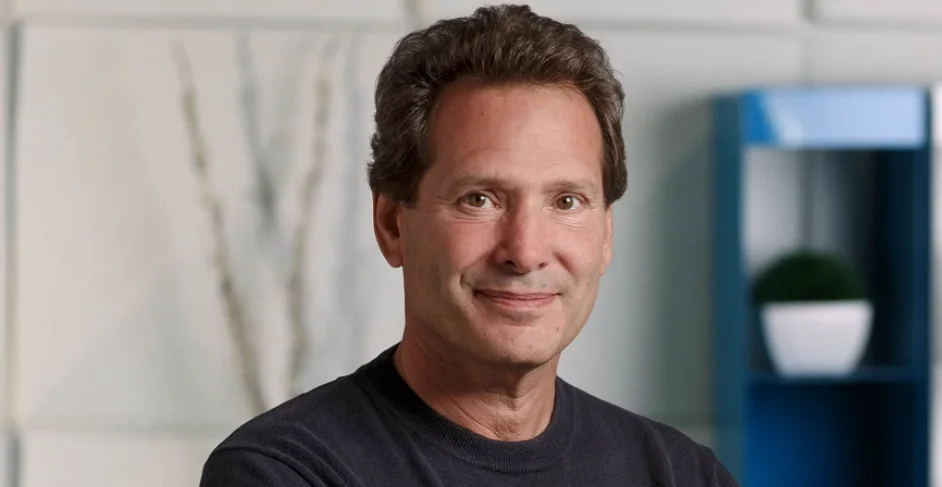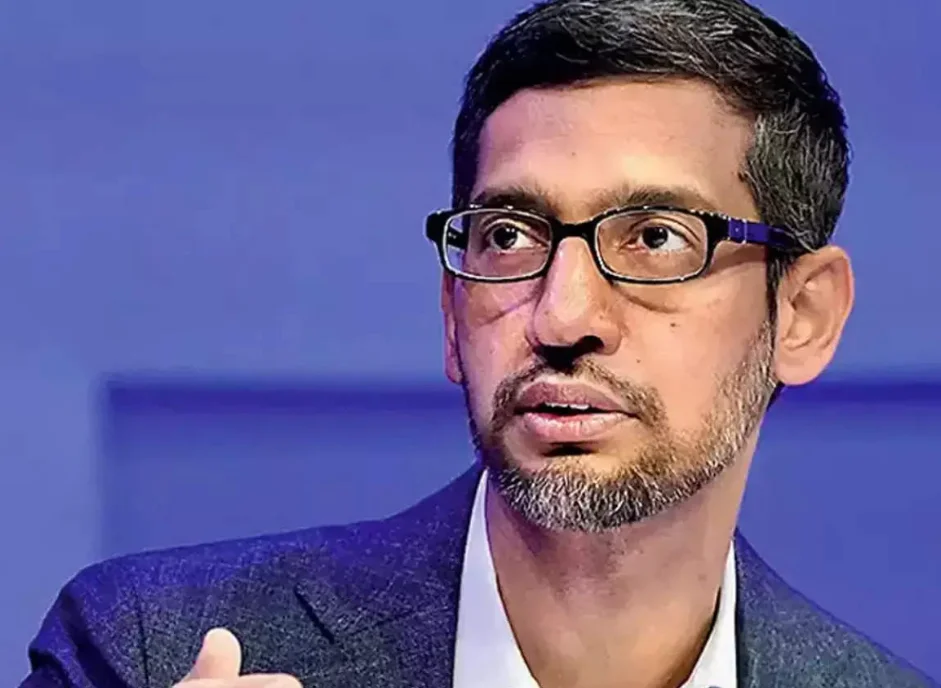In recent business news, Flutterwave, the African tech start-up bridging the continent’s online payment services gateway with the rest of the world, even within the continent herself, recently announced a successful series D funding round of $250million. This now presumably sees the enterprise solution provider rank as the highest valued company on the African continent. With a valuation of $3billion, the company is now posited to be worth more than the individually listed FUGAZ on the Nigerian Stock Exchange.
But that is not even the striking part nor the reason for this article. For a company that once began as a simple idea barely a decade and a half ago, imagine what your investment might have been worth today had you invested but N1million at its inception. Word making the mill is that its initial series–A investors have seen their humble investments almost triple in value and are primed to see even greater value-added to their once speculative financial backing of the company in the years to come as Flutterwave is anticipated to announce plans to someday list on a stock exchange.
It thus goes without saying that some of the planet’s richest people, and companies, have realized their wealth investing in business opportunities, particularly start-ups when others deemed these ideas too risky to even consider. It is believed that a humble $500,000 investment in Facebook at its first seed funding round is today worth over $1.8billion, despite the company’s many legal travails. This simple backing has made one of Facebook’s earliest investors a billionaire without even having to work a day in the company. The same goes for Sequoia Capital, a venture capitalist said to have staked $60million in the messaging application, WhatsApp. In under a decade, its investment is now said to be worth some $3billion. And of course, it is no longer news that one of the world’s richest investors, Warren Buffet, made his wealth investing in carefully picked start-ups, with small valuations at the time, but great future potential.
So, with Futterwave’s latest success, kudos to them, and start-up investing now being the toast of the savvy and intuitive, particularly in emerging markets like Nigeria, where a myriad of challenges are waiting for revolutionary ideas to smoothen the terrain, let us take a look at how investing in start-ups could someday make you the next Buffet.
First and foremost, understand that investing in start-ups is one of the riskiest risks there are in business. Statistically, and as you may already know, only one in ten start-ups make it to their fifth anniversary. Of those that do, only one in those ten make ten years.
This invariably means, only ten in a hundred start-ups could celebrate their tenth anniversary, and then perhaps only one in a thousand may ever make worthwhile returns to its investors, enough to see them never have to work another day in their lives.
This is why, not very long ago, investing in start-ups used to be reserved for ultra-wealthy individuals and organizations who could afford the associated risks. But with more imaginative routes of investing now being made ever available to the everyday investor seeking better returns than what traditional portfolios offer, and hundreds of start-ups devising innovative solutions to niggling everyday life, and business problems, more individuals are now equating the attendant exposure as worthwhile, because, as an investor, not only are you in it for the profits, but most can also boast of contributing to aspiring innovations and positive global change for now, and the future as well.
Therefore, investing in ambitious entrepreneurs is one of the first steps to making it big in start-up investing. Ambitious ideas are what makes the world tick, and of course, these are only possible through enterprising individuals with bold solutions to offer not just a locality, but the world. Sometimes, the more audacious an idea, the greater the chances that it, if adopted by a larger audience, could see your investment skyrocket in value, almost like a global online bookstore which eventually became Amazon or a taxi-hailing service offering vehicle owners the chance to make money in their spare time using their own cars, like UBER. However, even a no-miss idea can flounder if the entrepreneur and her team aren’t fanatical about getting it off the ground or consistently seeking new grounds to break, like the once famed Nokia. Thus, as the saying goes, good bookies bet on the jockey, not the horse. Ideas are a dime a dozen. Aggressive and inventive entrepreneurs are the valuable breeds to put your money on.
A good strong healthy horse with a winning pedigree however also greatly helps the jockey no doubt. Business ideas with enormous multiplier effects should be your next lookout. The more exponentially elastic a business idea can be made, especially to accommodate other business features, tools, Apps and money-making avenues, the greater the chances of a geometrically increased income stream for the company, and subsequently, you. Ideas that can accommodate as many clients as visibly possible, at even a small user fee, or engage millions on a periodic basis and then charge for advertising, or can even charge a premium to a growing select few, who are more than happy to pay for exclusivity, are usually justifiable ventures worth staking your money on.
Having a large and growing market is therefore crucial when looking at investing in a start-up’s idea. Companies sometimes target too small a niche and develop mono-products so focused that even when they out-compete their immediate competitions, there is no way for them to grow any further. At that point, no matter what they do or how much is spent on marketing campaigns, it becomes close to impossible to reel in more customers and grow market size. Thus, always concern yourself with the potential for continuous market and income growth before committing your funds.













